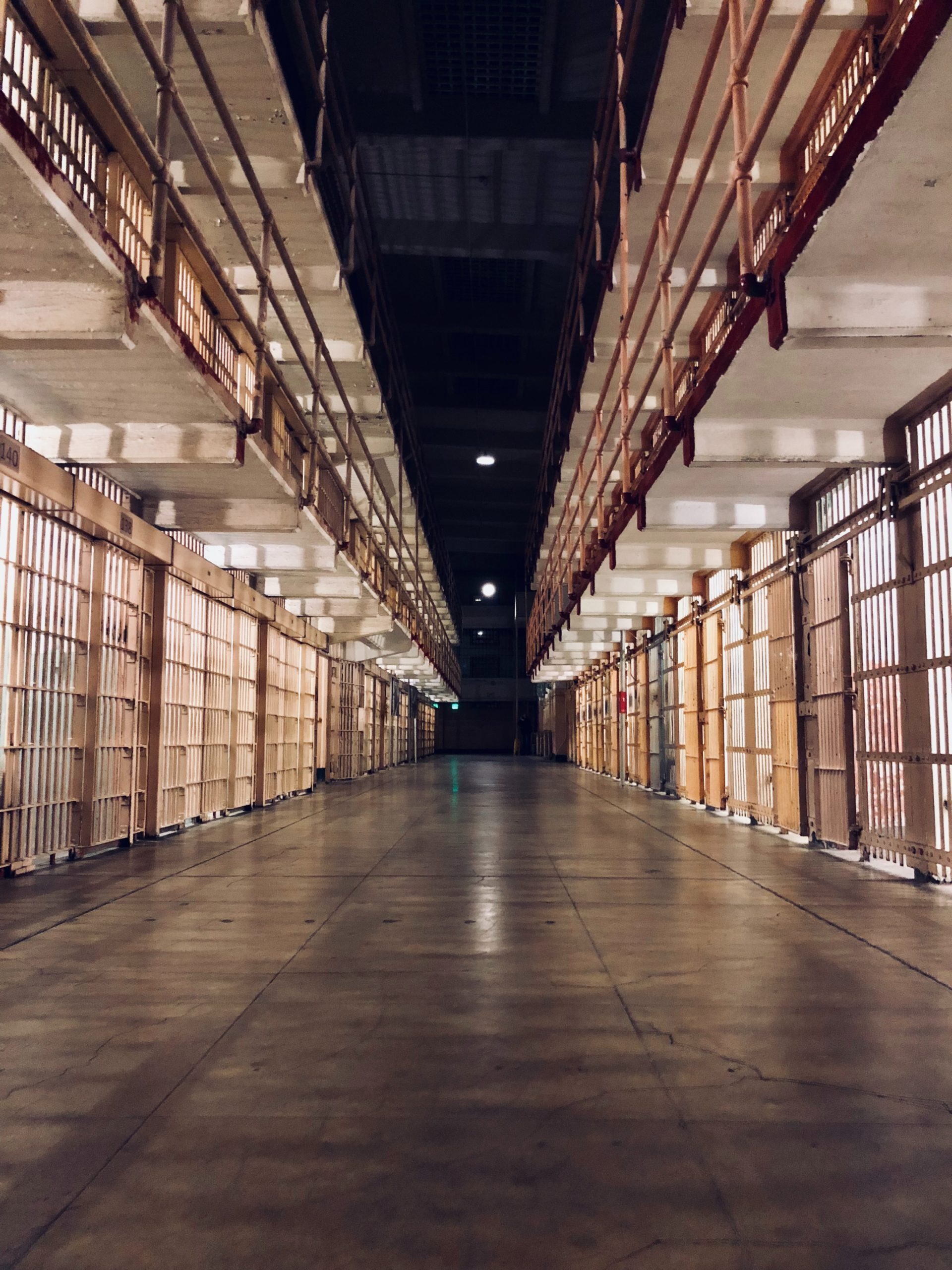The justice system is a helpful and necessary tool in holding people accountable for heinous actions and criminal activity, or at least it should be. More often than not, the justice system proves to be flawed in one way or another, whether that be cops participating in and getting away with police brutality, or rapists who cannot be brought to justice on account of there being a ‘lack of evidence.’ One of the largest problems with the justice system is that it is inherently fueled by capitalist ideals which contribute to class division and systemic racism.
Everyone can agree that if two different people steal the same thing on two separate occasions, they should have equal punishment, but that is often not the case. If one of the people is extremely wealthy and the other part of the working class, the wealthy person will be able to afford a better lawyer than the working-class person. The better lawyer will be able to lower the wealthy person’s sentence, if not erase it completely, while the working-class person will serve a longer sentence for the same crime. This ability to take advantage of money results in a smaller population of wealthy people in jail.
This contributes to class division, as a criminal record makes it virtually impossible to get a job. As a result, those who were wealthy enough to get the charges dropped have an even higher advantage than those who could not afford it. After committing the same crime, those who were wealthy to begin with can continue to acquire wealth, while those who were not now no longer have the chance.
Systemic racism is another major issue within the justice system. Studies have been done to show that black men have prison sentences around 19.1% longer than their white counterparts. Black men are six times as likely as white men to be convicted of a crime, and hispanic men are nearly three times as likely. White men are also far more likely to be employed 12 months after a prison sentence than black men.This obvious racial disparity cannot be blamed on any one person, but rather on how the justice system and prison industrial complex cater to a specific group.
Low-income areas also have a higher police presence, meaning that anyone living in low-income housing will be watched more closely for any potential crimes, thus again contributing to the class division and racism experienced at the hands of the justice system. Low-income areas and ‘high crime areas’ are often synonymous in the eyes of the police, which gives them incentive to heighten security of these areas and of the people living in them. Higher police presence also leads to a higher likelihood of false accusations and police misconduct.
Regardless of being in a low-income area, visible minorities are often questioned by police for simply walking down the street or driving in a nice car. According to journalist Radly Balko, “The modern criminal justice system helped preserve racial order — it kept black people in their place. For much of the early 20th century, in some parts of the country, that was its primary function.” The racial disparity of those in prison is no coincidence, and it’s by no means the fault of the individual. It isn’t that visible minorities are more likely to commit crimes, but that the justice system is more likely to accuse them of such. When a white man commits a crime, it is seen as a failure on the individual, but when a black person commits a crime it is seen as reflective of the community as a whole. Ideas such as these lead to racial disparity and furthers systemic racism.
In the words of Dr. Brian Kinnaird, “The criminal justice system is broken and it can’t be fixed. […] it didn’t happen overnight, but rather the system was built broken.” The justice system is inherently racist and classist, and unfortunately there isn’t much the general population can do about it. By educating yourself on the biases at play, you can start to unlearn the idea that people from low-income and BIPOC communities are more likely to commit crimes. This belief is untrue and is a result of the broken justice system.




